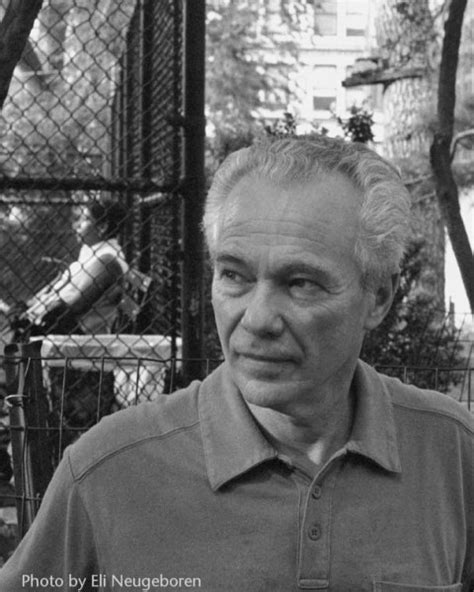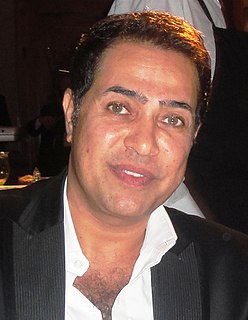A Quote by Sylvester Stallone
Related Quotes
A conscious parent is not one who seeks to fix her child or seek to produce or create the 'perfect' child. This is not about perfection. The conscious parent understands that is journey has been undertaken, this child has been called forth to 'raise the parent' itself. To show the parent where the parent has yet to grow. This is why we call our children into our lives.
When a child loses his parent, they are called an orphan. When a spouse loses her or his partner, they are called a widow or widower. When parents lose their child, their isn't a word to describe them. This month recognizes the loss so many parents experience across the United States and around the world. It is also meant to inform and provide resources for parents who have lost children due to miscarriage, ectopic pregnancy, molar pregnancy, stillbirths, birth defects, SIDS, and other causes.
Think of each wound as you would of a child who has been hurt by a friend. As long as that child is ranting and raving, trying to get back at the friend, one wound leads to another. But when the child can experience the consoling embrace of a parent, she or he can live through the pain, return to the friend, forgive, and build up a new relationship. Be gentle with yourself, and let your heart be your loving parent as you live your wounds through.
Without a sense of the shame or guilt of his or her action, the child will only be hardened in rebellion by physical punishment. Shame (and praise) help the child to internalize the parent's judgment. It impresses upon the child that the parent is not only more powerful but also right. Like the Puritans, Locke (in 1690), wanted the child to adopt the parent's moral position, rather than simply bow to superior strength or social pressure.
The traditional paradigm of parenting has been very hierarchical, the parent knows best and very top down. Conscious parenting topples [this paradigm] on its head and creates this mutuality, this circularity where both parent and child serve each other and where in fact, perhaps, the child could be even more of a guru for the parent .... teaching the parent how the parent needs to grow, teaching the parent how to enter the present moment like only children know how to do.
Training moments occur when both parents and children do their jobs. The parent's job is to make the rule. The child's job is to break the rule. The parent then corrects and disciplines. The child breaks the rule again, and the parent manages the consequences and empathy that then turn the rule into reality and internal structure for the child.



































